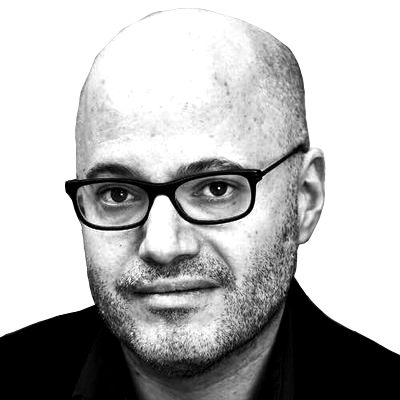A Song for Everyone: The Story of Creedence Clearwater Revival by John Lingan
You remember the scene in the Coen brothers’ The Big Lebowski. The Dude keeps getting hit by a group of nihilists. First, they take his rug, then they come back for his not very enviable car. To add insult to injury, he had left a Creedence Clearwater Revival tape in the deck.
The Dude: Do you find them much, these stolen cars?


